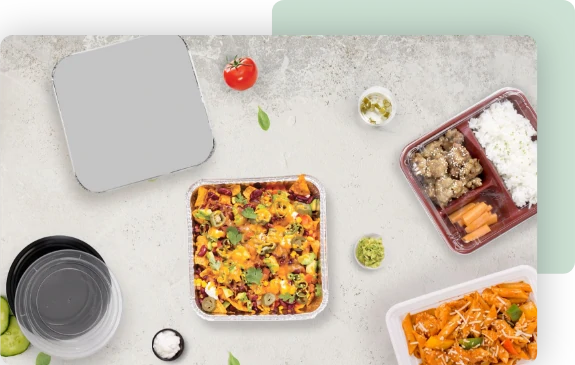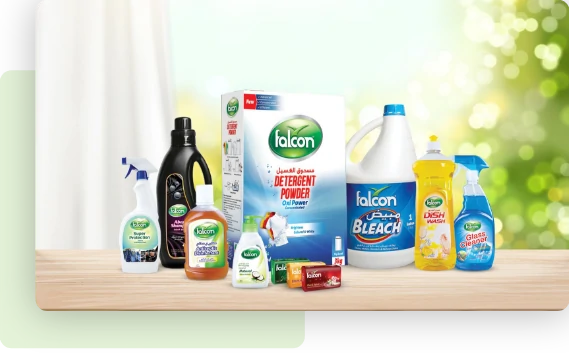OUR PRESENCE
OF EXPERTISE IN DEVELOPING & MARKETING PREMIUM DISPOSABLE PRODUCTS
Our strong consumer community and their constantly evolving demands are the main source of our innovations. The mission of bringing the best products by regularly enhancing the infrastructure, production, storage, facilities, logistics, and process driven vendor selection are on going process.
65+ COUNTRIES
As a global player, Falconpacks products are being exported to over 65+ countries across the globe.
READ MORE




